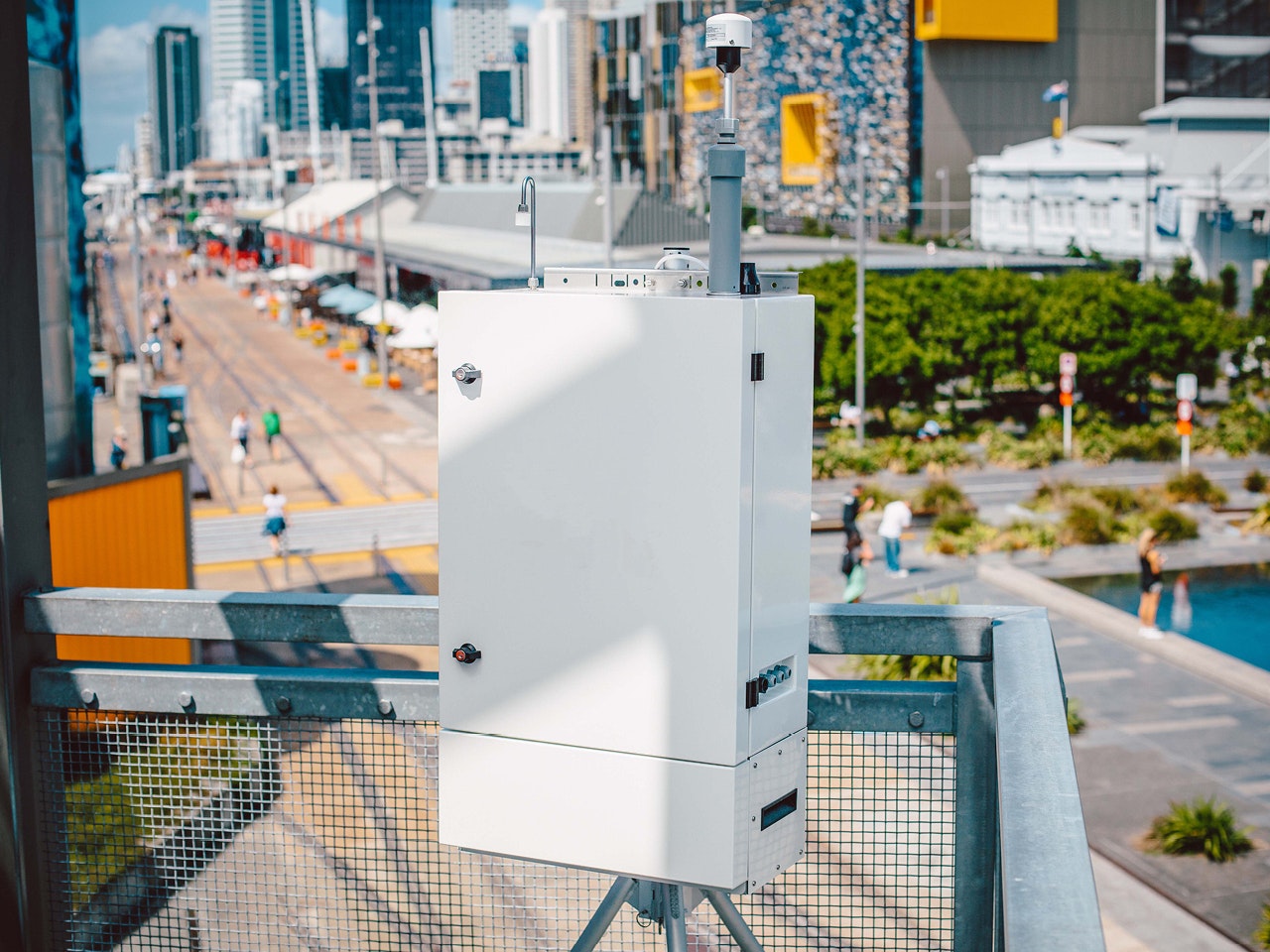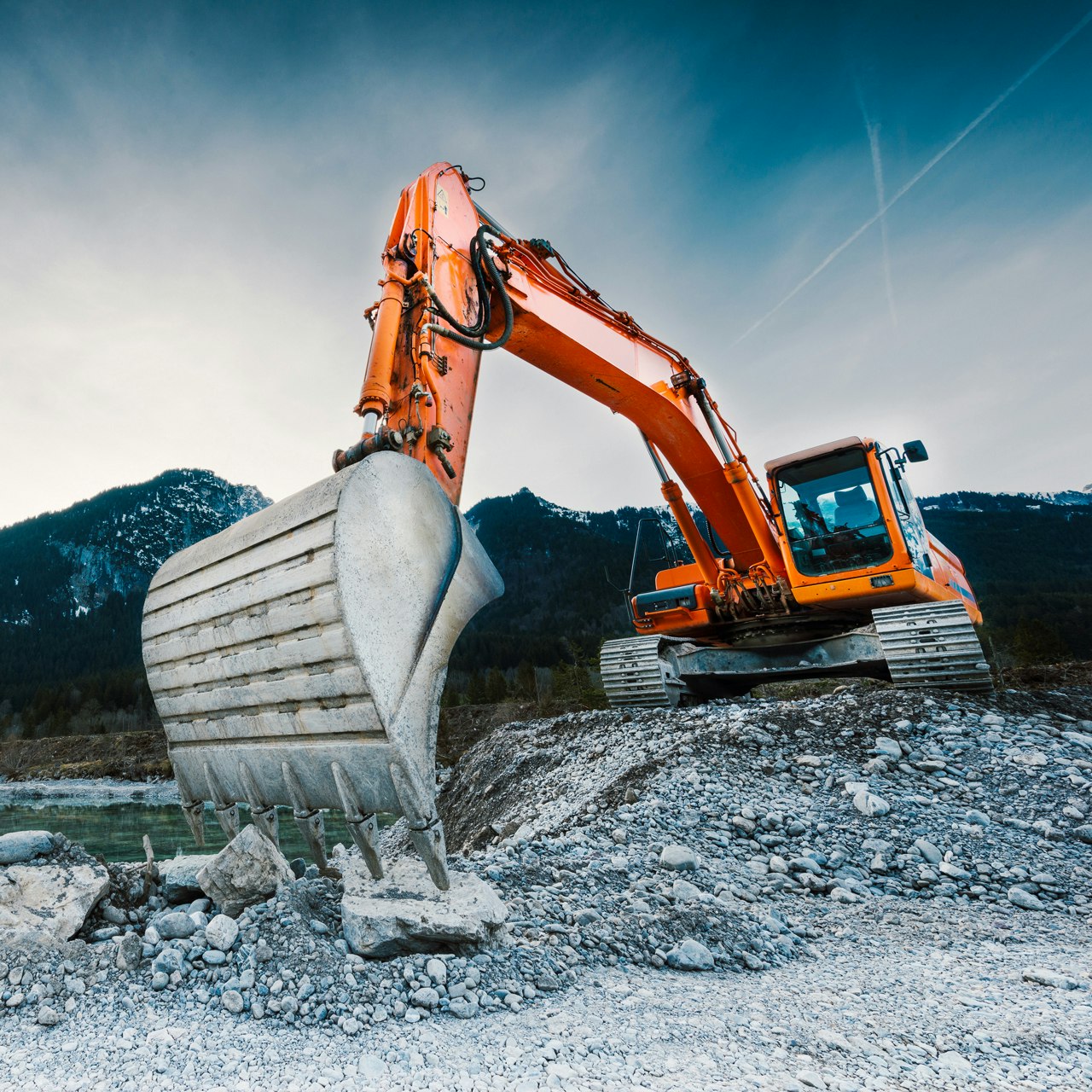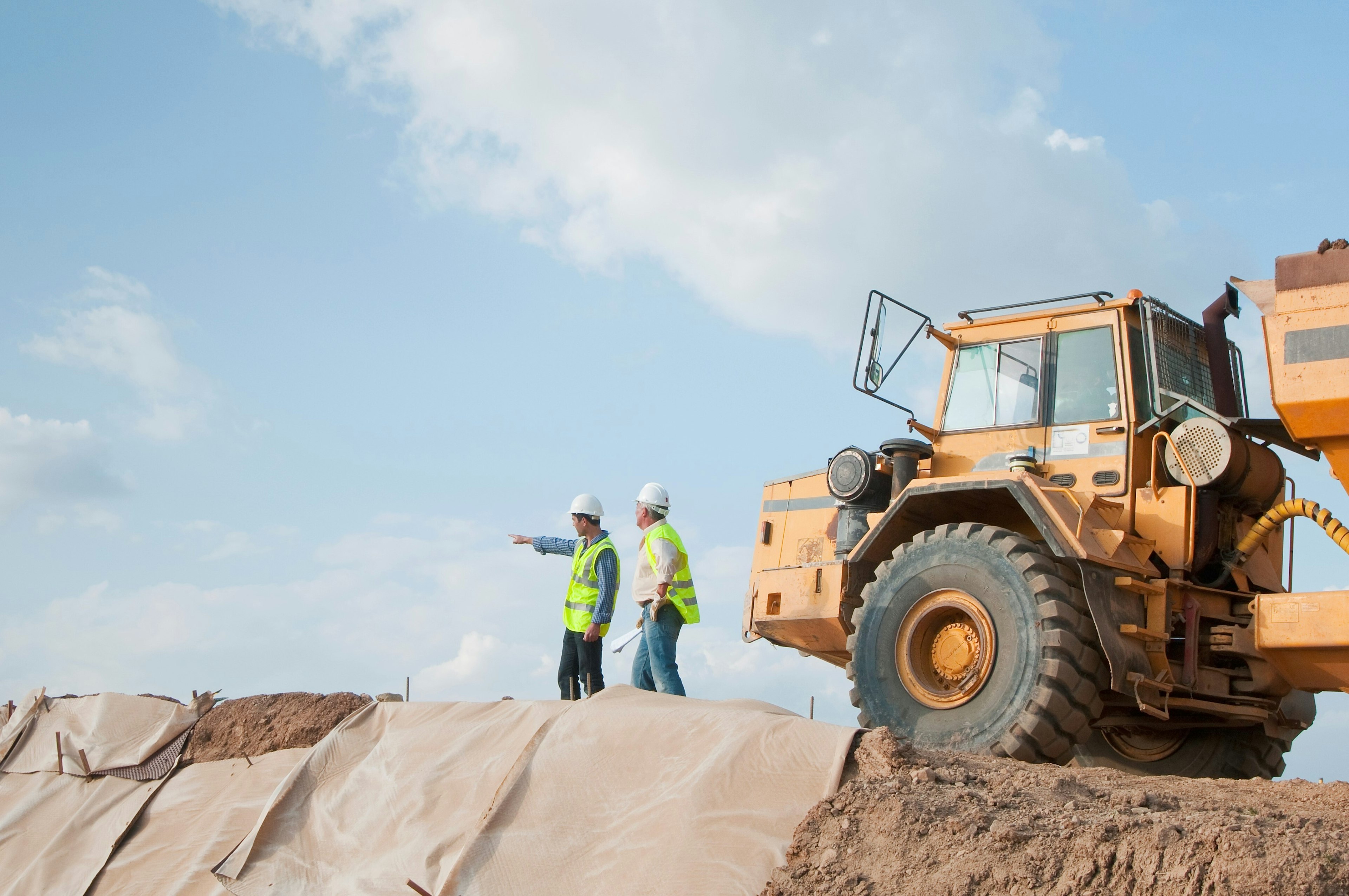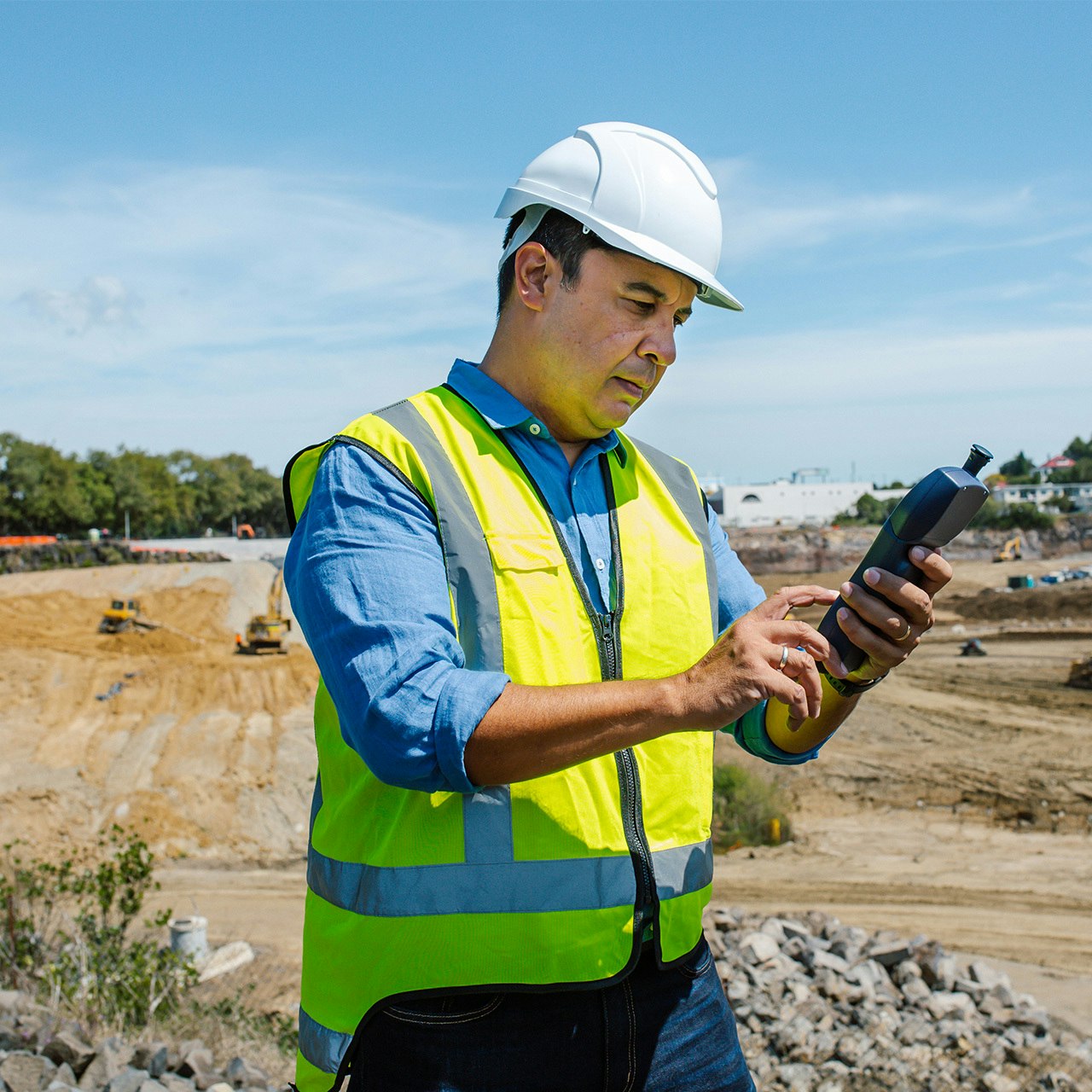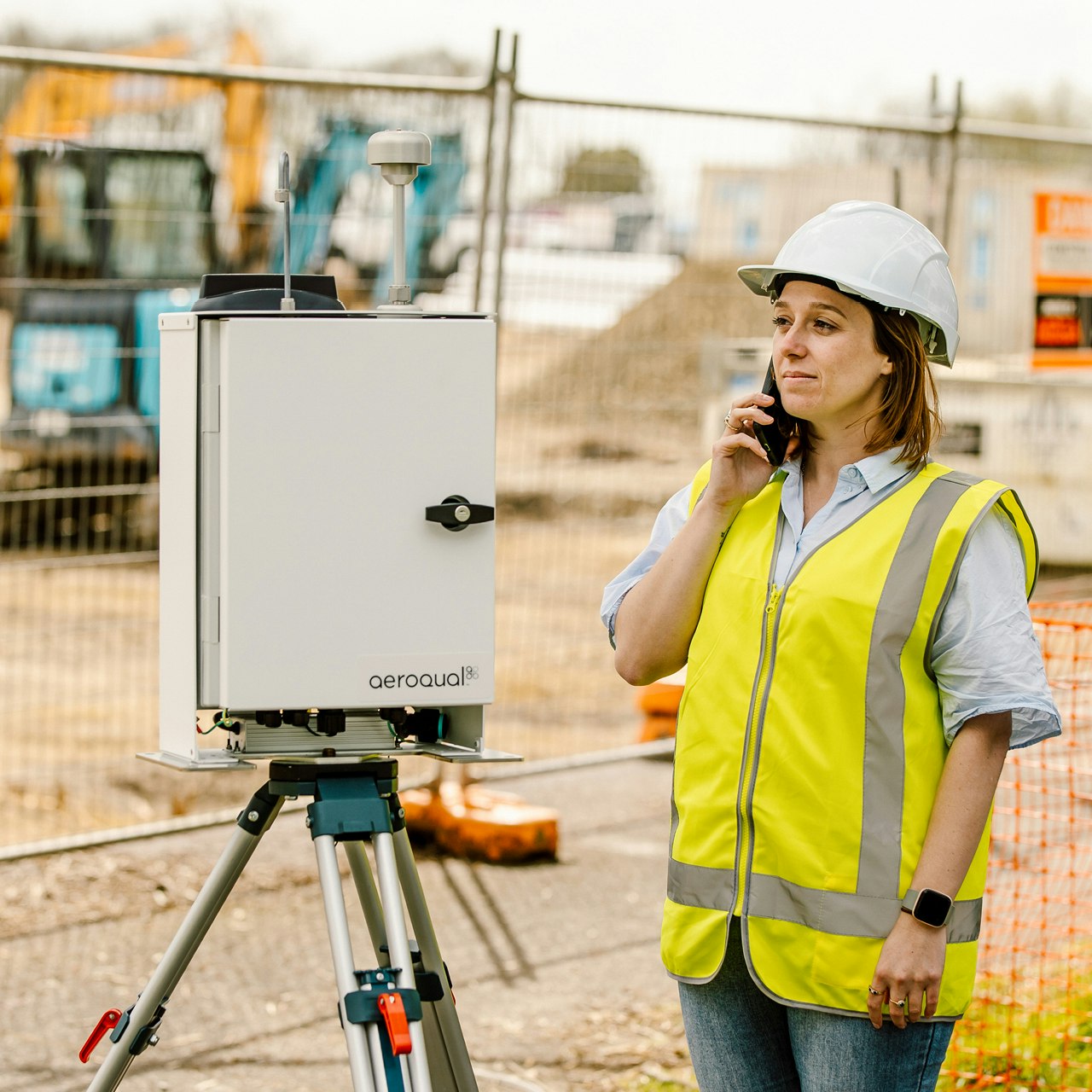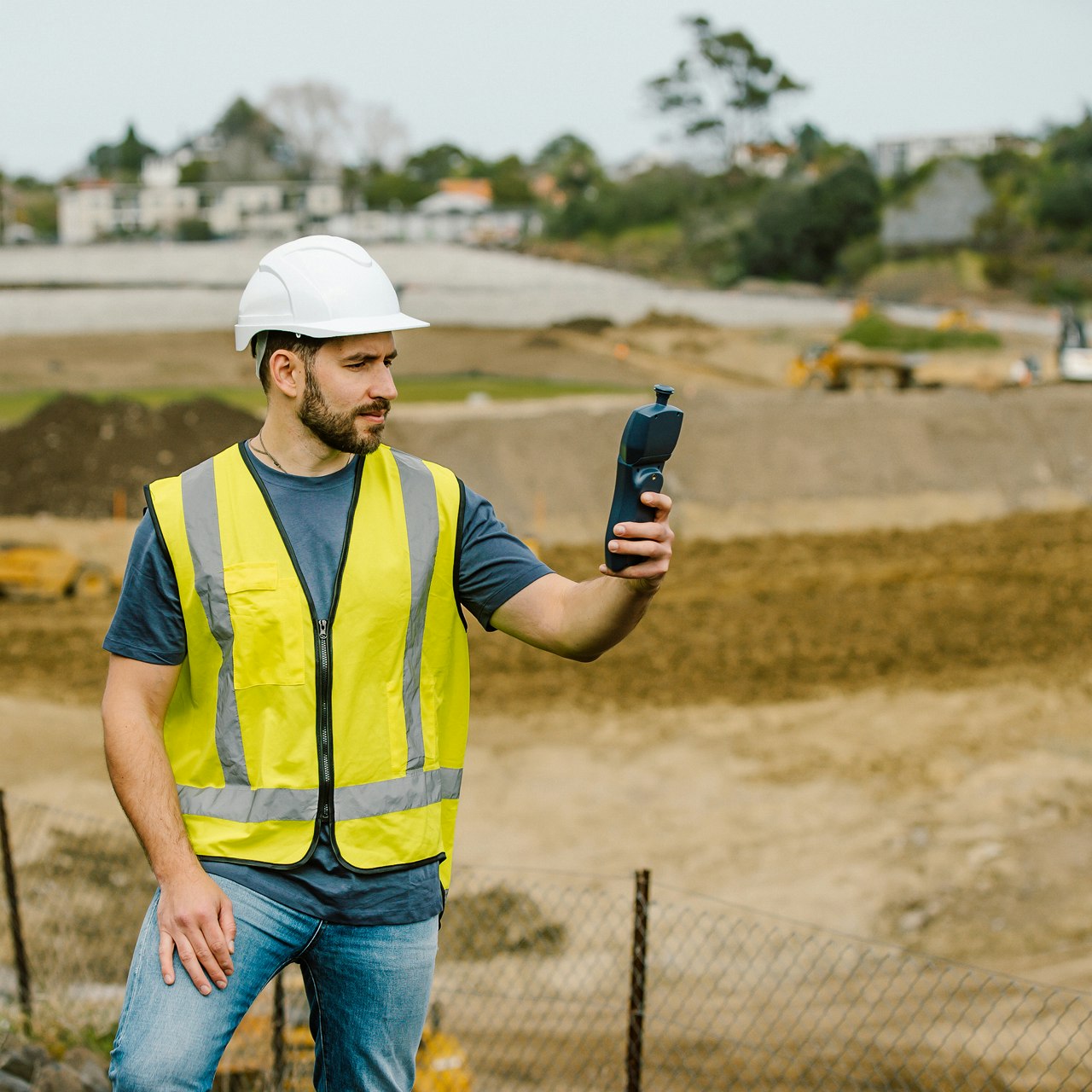Case Study
Real-Time Dust Monitoring Helps Protect Surrounding Community, Optimize Productivity at Quarry
Success is easier and faster consents, with less time in the environmental courts, and no complaints
Project Details
Project
Road Metals Quarry
Location
New Zealand
Date
2013
Services
2 x Dust Sentry outdoor dust monitors
Measurements
TSP, Wind
Sector
Occupational Health and Safety
Real-time dust monitors protect quarry owner and community
Road Metals is one of the most respected contracting businesses in New Zealand. The company operates several sites across the South Island and is the region’s main supplier of aggregate. Due to the high demand of aggregate for the Christchurch rebuild Road Metals wanted to establish a new quarry 20km from Christchurch City. One of the consent requirements was to measure TSP continuously at two specific locations. Two Dust Sentry units were installed to measure TSP and wind speed and direction. The instruments were configured to send email alerts in the event of elevated dust levels. As a result of the installation, Road Metals has met their consent and continue their work at the quarry.
The customer
Road Metals began as North Otago Road Metal which was formed in 1955 by the late Stan Francis. Stan started the business in 1946 with a one-ton Dodge truck bought from the proceeds of rabbit trapping. He turned Road Metals into one of the most respected and successful contracting businesses in New Zealand.
Road Metals, now owned by Stan’s sons Jonny and Murray Francis, operates several sites across the South Island of New Zealand. As the region’s main supplier of aggregate they are a major contributor to the reconstruction of Christchurch, New Zealand’s third largest city, which was hit by two devastating earthquakes in 2012.
To satisfy the high demand for aggregate in the Christchurch rebuild Road Metals identified the need to establish a new quarry at Burnham, 20km to the west of Christchurch City.
The problem
As with all new quarry developments, Road Metals faced public opposition to the new Burnham site. They applied for consent from Environment Canterbury, the regional environmental regulator, back in 2010.
Environment Canterbury had to balance the community’s need for aggregates against the community’s desire to be protected from the potential negative impact of quarrying activity. Most public resistance related to the impact of dust that might be generated during quarrying.
Environmental Canterbury gave consent for the development on the condition that Road Metals implement continuous total suspended particulate (TSP) monitoring at two specific locations for a period of three months prior to the quarry becoming operational and for a further three years after.
Road Metals wanted to comply with the requirement, but wished to do so in a way that minimised the upfront investment and on-going cost.
The solution
Road Metals sought advice from the engineering consultants, BECA. BECA was familiar with the Dust Sentry real-time dust monitoring system from another quarry and recommended Road Metals contact Aeroqual.
Road Metals procured two Dust Sentry units. The units are configured to measure TSP continuously in real-time and have integrated ultra-sonic sensors for the measurement of wind speed and direction (another requirement of their consent).
Both Dust Sentries are fitted with GPRS modems to enable remote data access and alarms to be sent via SMS text and/or email. In the event dust levels reach the “trigger levels” in the consent, Road Metals personnel are immediately alerted and can implement a dust management response.
By using the Dust Sentry PC software Road Metals are able to extract data periodically without having to physically go to site. The modem also gives Aeroqual technicians the ability to connect with the instrument for running system checks and remote diagnosis.
Related products
Evaluation
Road Metals are satisfied with their choice of equipment and the support provided by the supplier. First and foremost the Dust Sentry has allowed them to meet their consent and get on with developing the quarry.
Now that they’re getting familiar with the Dust Sentry, Road Metals sees other ways in which a real-time dust monitoring system can add benefit.
For example, by using real-time TSP levels and wind information they have seen the opportunity to be more targeted in their usage of water. The use of water for dust control can be expensive and is also a key consideration under the site consent.
Road Metals are starting to think of the Dust Sentry as a management tool which can help them optimise productivity whilst keeping to within the limits of their consent.
FAQs for the Road Metals Quarry Dust Monitoring Case Study
What does Aeroqual offer for dust monitoring in quarries?
Aeroqual provides real-time monitoring solutions for quarries, including the Dust Sentry PM10 and TSP Monitors, which help quarry operators comply with environmental regulations while optimizing dust control strategies.
What was the purpose of this dust monitoring project?
Road Metals needed a real-time dust monitoring solution to comply with environmental regulations and gain approval for their Burnham quarry near Christchurch.
Why was the Aeroqual Dust Sentry chosen for this project?
The Dust Sentry TSP Monitor was selected because it provides real-time dust level data, integrates with wind sensors, and allows remote monitoring and alerts, ensuring compliance with Environment Canterbury’s consent conditions.
How did Aeroqual’s monitoring system help Road Metals meet compliance requirements?
The Dust Sentry continuously measured total suspended particulates (TSP) and wind speed/direction, with automated alerts sent via SMS and email if dust levels exceeded set thresholds.
How did real-time monitoring improve quarry operations?
By using real-time dust monitoring, Road Metals was able to optimize dust control, reduce unnecessary water use, and ensure that operations remained within regulatory limits.
What makes the Dust Sentry ideal for quarry dust control?
The Dust Sentry is specifically designed for quarry and industrial site monitoring, featuring:
• Continuous TSP and PM10 measurement
• Integrated wind sensors for real-time dust dispersion analysis
• GPRS modems for remote data access and automated alerts
• Durable weatherproof design for rugged environments
How does Aeroqual ensure accurate dust monitoring data?
The Dust Sentry provides high-precision data by integrating wind conditions and real-time dust levels, helping quarry operators like Road Metals manage dust more effectively.
Can the Dust Sentry be used for other quarry sites?
Yes, the Dust Sentry is widely used for quarry dust monitoring, including at Road Metals Alexandra and other quarry sites across New Zealand.
How does Aeroqual support dust control solutions in Christchurch?
Aeroqual provides dust control systems in Christchurch, helping quarries, construction sites, and industrial facilities comply with environmental regulations and protect local communities.
Can Aeroqual’s Dust Sentry help reduce water usage in quarries?
Yes, real-time dust monitoring allows quarry operators to optimize water usage, reducing costs while effectively controlling dust levels.
How does dust monitoring benefit communities near quarries?
By implementing real-time dust monitoring solutions, quarries like Road Metals Christchurch can proactively manage dust emissions, reducing complaints and environmental disputes.
How does Road Metals use real-time dust monitoring in its quarry operations?
Road Metals Quarry uses Aeroqual’s real-time dust monitoring to comply with environmental regulations and improve dust control solutions in Christchurch.
How does dust monitoring help with environmental compliance in quarries?
By using dust testing in Christchurch, quarry operators can monitor airborne particulates, ensuring compliance with regional environmental regulations and reducing community complaints.
Want to learn more?
If you’d like to know more about this case study, or to discuss your air monitoring requirements, please get in touch.




